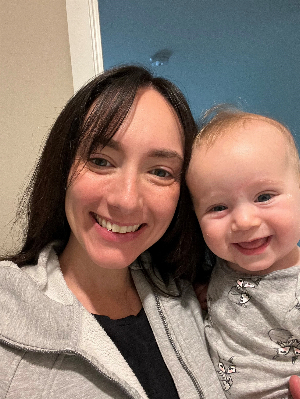
May 5-9, 2025 - Virtual via Zoom
This session will provide strengths-and-evidence-based practices on how infant and early childhood mental health consultation (IECMHC) can address inequities impacting tribal children. Participants will learn about how disproportionate disciplinary actions lead to disparities in educational outcomes, higher suspension and expulsion rates, and increased incarceration risks for tribal youth. The session will highlight community-based strategies such as the Washington State Department of Children, Youth, and Family Services (DCYF) "grow your own" initiative to identify, recruit and train tribal mental health consultants to work with tribal populations. Presenters will also share information about trauma-informed and healing-centered approaches, in addition to fostering relationships to improve outcomes. Attendees will leave equipped with practical tools to in collaboration with tribal communities build equity, support harnessing culture as a protective factor, and promote systemic change.

Megan (she/her) is the Infant and Early Childhood Mental Health Consultation Coordinator for Washington State's Department of Children, Youth and Families. Her current work within the Tribal IECMHC initiative focuses on building a sustainable, culturally responsive mental health support system within tribal communities.
Dawn has over 8 years of experience as an Infant and Early Childhood Mental Health Consultant on the Navajo Nation. For 7 years, she has provided national technical assistance to programs and tribes to build their IECMHC and Infant Mental Health Consultation systems. Currently, Dawn contracts with states and agencies to help develop and strengthen IECMHC systems and structures. She is also dedicated to reclaiming and preserving Navajo ways of life and teachings.